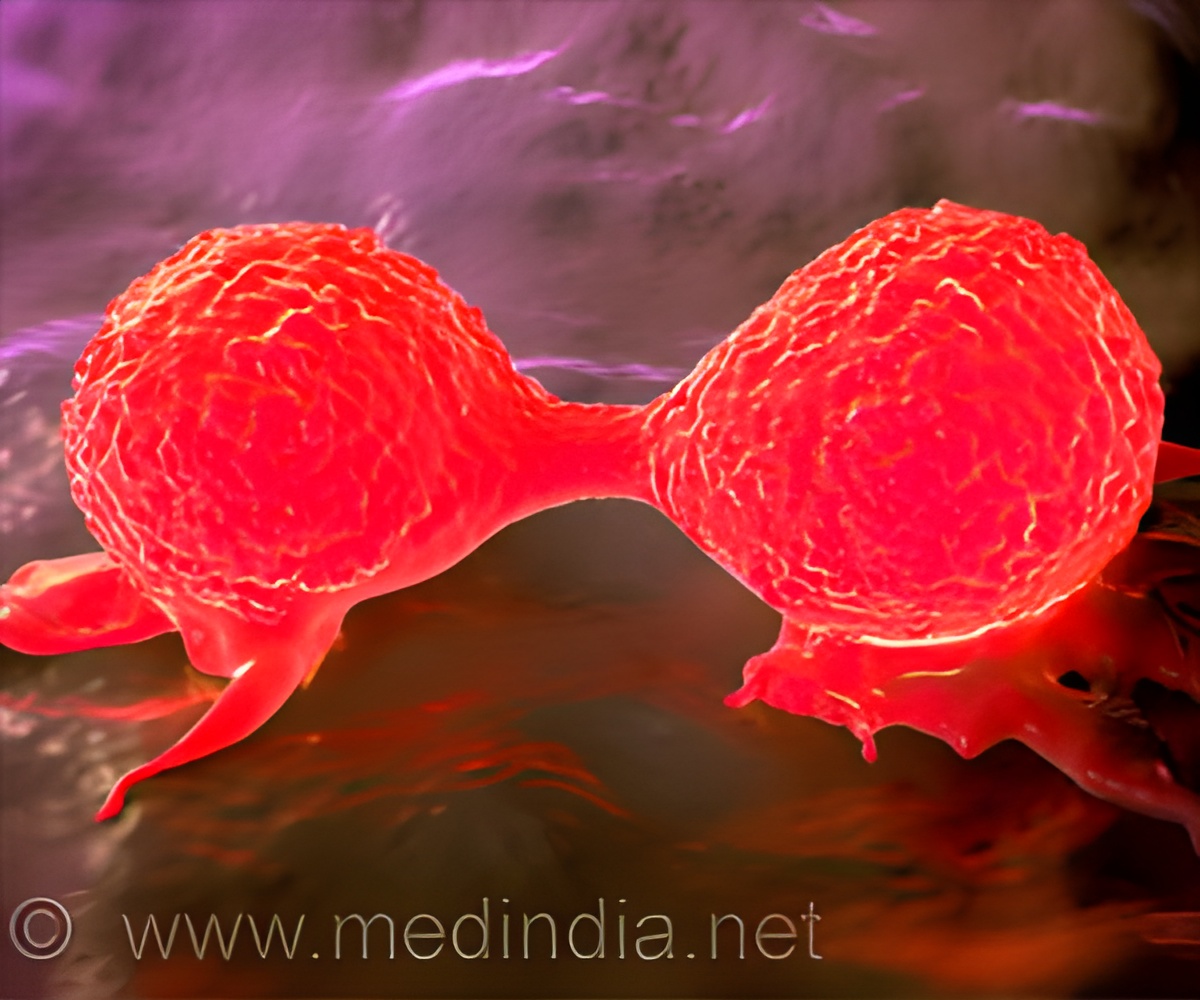The Tn antigen appears in 90% of cancers and linked to metastasis. That is why they are very promising biomarkers for identifying cancer cells and are attractive targets in therapies to fight cancer.

Two apparently similar variants of Tn antigens, which differ only in one serine or threonine amino acid, have been studied in this piece of work. Yet "we have seen that they behave very differently in water", pointed out Emilio José Cocinero. "By using an approach that is both experimental and computational, we have shown that the Tn antigen bonded with threonine adopts a rigid shape in solution thanks to a water molecule that helps to stabilise the structure. By contrast, the Tn antigen bonded with serine lacks the structural component and is flexible in solution," said the UPV/EHU researcher. "These differences are not observed in the gas phase studies and both molecules behave in exactly the same way, which has made it possible to unequivocally discover, for the first time, the role of water in the three-dimensional structure of these molecules," he added.
To get to know the active role of water more closely, "we have been adding water molecules one by one to see how the Tn antigen behaved. We have seen that adding just one water molecule was enough to change the structure of both antigens, and in fact, water became located in various parts of the molecule," said Cocinero. Emilio José Cocinero. This work is in fact part of a long-term project that aims to try to produce potential vaccines against cancer," added Cocinero. "The major problem with this molecule, the Tn antigen, is that it is naturally present in the body, which means that the body's immune response is very low because our body does not perceive it as a foreign body," stressed the author of the work. Yet, "what we have seen is that if the concentration of this molecule increases, it means that the cancer has developed. We can follow the evolution of this molecule to see the degree to which the cancer has developed", added Cocinero.
According to Cocinero, "the ideal scenario in the future would involve the potential creation of synthetic molecules that are not present in the body and which would have the same structure as the Tn antigen; the body would thus perceive them as foreign bodies, and therefore unleash a greater immune response against cancer cells".
Source-Eurekalert














